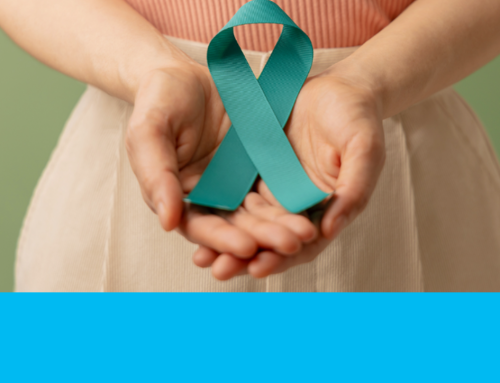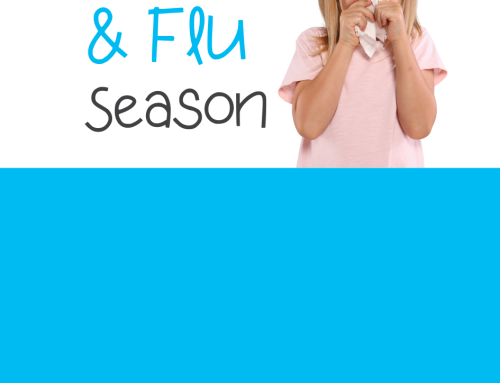About the Flu
The flu is a contagious respiratory illness caused by influenza viruses that infect the nose, throat, and lungs. Flu viruses cause illness, hospital stays, and deaths in the United States each year. Flu illness can vary from mild to severe. Older people, young children, pregnant people, and people with medical conditions like asthma, diabetes, heart disease, and lung disease are at especially high risk from the flu. However, even healthy people can get sick enough to miss work or school for a significant amount of time or even be hospitalized. Individuals can be infected with the flu virus but have no symptoms. During this time, you can still spread the virus to others.
Flu-like symptoms include fever*, or feeling feverish/chills, cough, sore throat, runny or stuffy nose, muscle and body aches, headache, fatigue, sometimes diarrhea, and vomiting.
*It’s important to note that not everyone with the flu will have a fever.
Your Best Protection Against the Flu
A flu vaccine is the best way to help prevent flu and spread of the flu. Flu vaccination can reduce flu illnesses, doctors’ visits, and missed work and school due to flu, as well as prevent serious flu complications that can result in hospitalization and even death. Remember that flu vaccine not only protects you, but it also can help protect those around you. The Center for Disease Control and public health professionals recommend that everyone 6 months of age and older should get a flu vaccine every year.
Proven Safety Record
Flu vaccines have an excellent safety record. They have been given to hundreds of millions of people for more than 50 years. Each year, CDC works closely with the U.S. Food and Drug Administration (FDA), and other partners to ensure the highest safety standards for flu vaccines.
For more than 50 years, hundreds of millions of Americans have safely received seasonal flu vaccines and there has been extensive research supporting its safety.
Prevention
In addition to receiving the flu vaccine, you can take simple preventative actions to avoid the flu.
- Avoid contact with sick people
- Wear a face mask when caring for anyone sick with the flu
- Wash your hands thoroughly with soap and water
- Avoid touching your eyes, nose, and mouth
- When sick, limit your contact with others
If You Get Sick with the Flu
If you get sick with the flu, antiviral drugs can be used to treat your illness. Antiviral drugs are prescription medicines (pills, liquid or an inhaled powder) and are not available over-the-counter. Studies show that flu antiviral drugs work best for treatment when they are started within two days of getting sick, but starting them later can still be helpful, especially if the sick person is at increased risk or is very sick from flu. If you get flu symptoms and are at higher risk for serious flu complications, call your health care provider as soon as possible so you can be treated with flu antivirals if needed.





